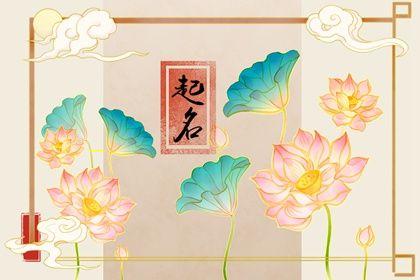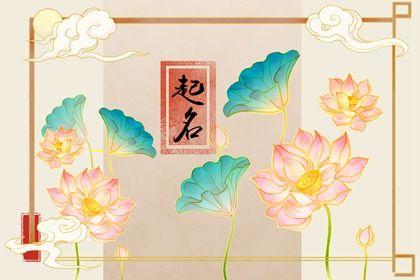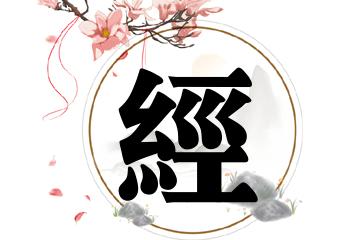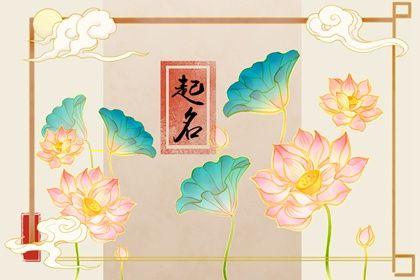如何从古诗中为店铺起个绝佳的名字
- 作者: 王洛苡
- 来源: 投稿
- 2024-10-14
一、如何从古诗中为店铺起个绝佳的名字
从古诗中提取意象自然意象:山、水、花、鸟、风、月等,如“山居”、“水榭”、“花间”、“鸟鸣”、“风雅”、“月华”
文化意象:琴、棋、书、画、茶、酒等,如“琴韵”、“棋道”、“书斋”、“画廊”、“茶香”、“酒肆”
情感意象:喜、怒、哀、乐、愁、思等,如“欢喜”、“乐园”、“哀思”、“愁绪”
借用诗句或诗词直接引用:“采菊东篱下,悠然见南山”——“采菊轩”
化用或改编:“春风不度玉门关”——“玉门春风”
取其意境:“停车坐爱枫林晚,霜叶红于二月花”——“枫林晚”
结合店铺特色突出产品或服务:“笔墨丹青”、“茶香四溢”、“琴音袅袅”
体现店铺氛围:“古色古香”、“雅致清幽”、“诗情画意”
表达店铺理念:“修身齐家”、“知行合一”、“淡泊明志”
示例书店:“翰墨书斋”、“诗书阁”、“墨香斋”
茶馆:“茶香阁”、“清风雅韵”、“品茗轩”
古玩店:“古韵斋”、“鉴宝阁”、“雅玩轩”
花店:“花间语”、“花香满园”、“花开富贵”
服装店:“锦绣阁”、“霓裳羽衣”、“衣香鬓影”
二、如何从古诗中为店铺起个绝佳的名字英文
How to Find a Great Business Name from Ancient Poetry
1. Identify the Key Themes and Imagery
Read through the poem and note the central ideas, emotions, and images it evokes.
Consider the historical context and cultural significance of the poem.
2. Extract Relevant Words and Phrases
Look for words or phrases that capture the essence of the poem's themes or imagery.
Consider using metaphors, similes, or other literary devices.
3. Explore Synonyms and Related Terms
Use a thesaurus or online resources to find synonyms or related terms for the words you've identified.
This will expand your options and help you find unique and memorable names.
4. Consider the Sound and Rhythm
Pay attention to the sound and rhythm of the words you choose.
Aim for a name that is easy to pronounce, remember, and evokes the desired emotions.
5. Test the Name with Your Target Audience
Get feedback from potential customers or industry experts to ensure the name resonates with them.
Consider conducting a focus group or online survey to gather opinions.
Examples from Ancient Poetry:
"Ode to a Nightingale" by John Keats:
"My heart aches, and a drowsy numbness pains" -> "Aching Heart"
"The voice I hear this passing night was heard" -> "Whispering Night"
"The Road Not Taken" by Robert Frost:
"Two roads diverged in a yellow wood" -> "Yellow Wood"
"I took the one less traveled by" -> "Uncharted Path"
"Stopping by Woods on a Snowy Evening" by Robert Frost:
"Whose woods these are I think I know" -> "Whispering Woods"
"The only other sound's the sweep / Of easy wind and downy flake" -> "Winter's Embrace"
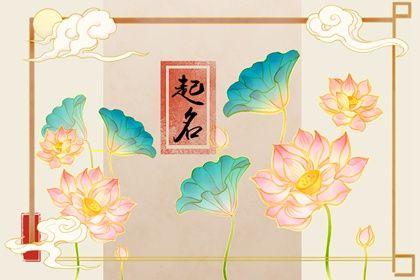
三、如何从古诗中为店铺起个绝佳的名字呢
从古诗中提取意象和意境
自然意象:如山、水、花、鸟等,寓意店铺的自然、清新或优雅。
文化意象:如琴、棋、书、画等,寓意店铺的文化底蕴或艺术气息。
情感意象:如喜、怒、哀、乐等,寓意店铺的情感共鸣或氛围营造。
借用古诗中的名句或典故
名句:如“春风不度玉门关”、“落霞与孤鹜齐飞”等,寓意店铺的独特或诗意。
典故:如“高山流水”、“伯牙子期”等,寓意店铺的知音或高雅。
结合店铺特色和定位茶馆:“清风明月”、“兰亭雅集”等,寓意茶馆的清雅和文化氛围。
书店:“翰墨书香”、“纸上谈兵”等,寓意书店的文化底蕴和知识氛围。
花店:“花开富贵”、“百花争艳”等,寓意花店的繁荣和美丽。
具体示例“云水间”:取自李白的《望庐山瀑布》“飞流直下三千尺,疑是银河落九天”,寓意店铺的仙气飘渺和壮观。
“知音阁”:取自俞伯牙的《高山流水》典故,寓意店铺的知音难觅和高雅品味。
“墨香斋”:取自苏轼的《念奴娇·赤壁怀古》“大江东去,浪淘尽,千古风流人物”,寓意店铺的文化底蕴和历史感。
“花语堂”:取自唐代诗人李商隐的《无题》“昨夜星辰昨夜风,画楼西畔桂堂东”,寓意店铺的浪漫和诗意。
“清风阁”:取自王维的《竹里馆》“独坐幽篁里,弹琴复长啸”,寓意店铺的清幽和雅致。
四、用中国古诗词给店铺取名字的有哪些
春春风得意楼
春暖花开阁
春色满园香
夏
荷风送香亭
碧波荡漾轩
夏日清凉苑
秋
秋风萧瑟阁
落叶知秋轩
菊香满园楼
冬
雪舞飞扬亭
寒梅傲雪阁
冬日暖阳苑
其他
云水禅心阁
竹林清风轩
桃源仙境楼
翰墨书香斋
琴棋书画苑
诗词歌赋阁
醉翁亭
兰亭集序轩
滕王阁
岳阳楼

